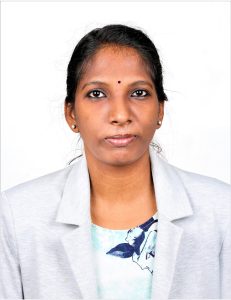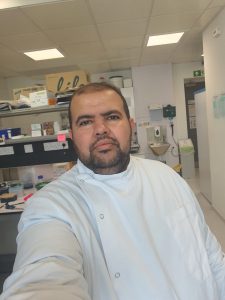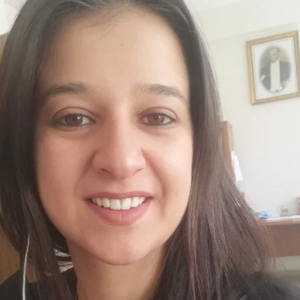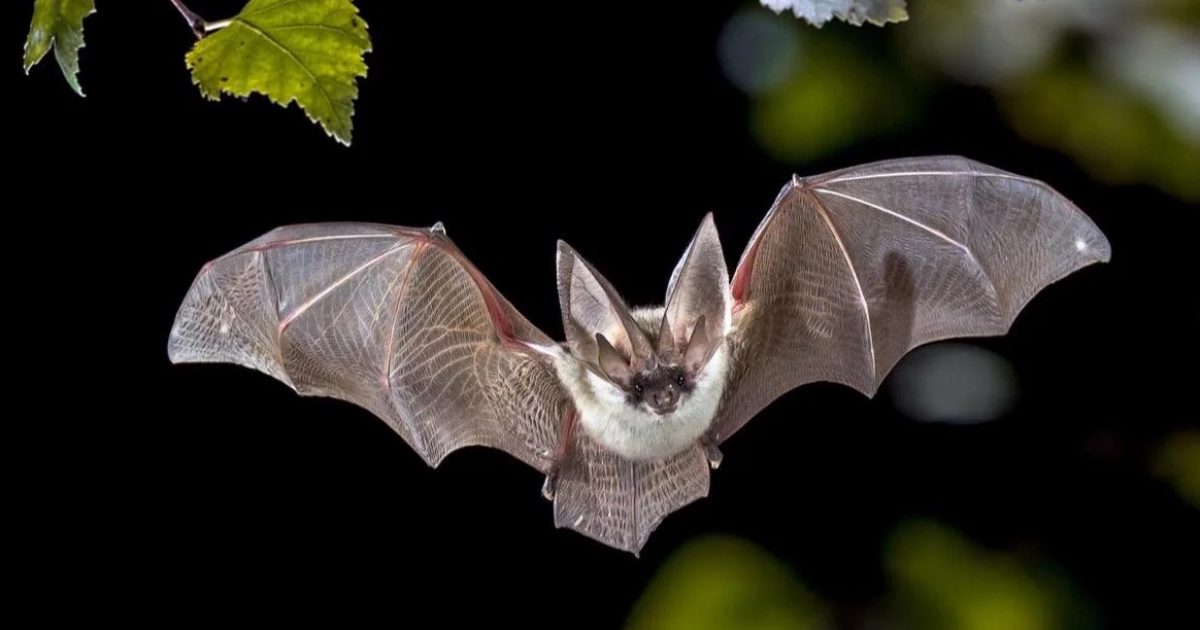 Dr Rania El Naggar is Postdoc and her research was to develop new technologies and innovative approaches to understanding the viral pathogenesis of both human and animal infections. In addition, using genome-editing approaches (e.g., CRISPR-Cas9), her research aims to study the mechanistic and functional antiviral actions of host ISGs (IFIT5 and IFITMs) against RNA viruses. Understanding the host’s innate immune defense and identifying unique genetic signatures of these viruses will help to guide us in future investigational studies and designing antiviral therapies.
Dr Rania El Naggar is Postdoc and her research was to develop new technologies and innovative approaches to understanding the viral pathogenesis of both human and animal infections. In addition, using genome-editing approaches (e.g., CRISPR-Cas9), her research aims to study the mechanistic and functional antiviral actions of host ISGs (IFIT5 and IFITMs) against RNA viruses. Understanding the host’s innate immune defense and identifying unique genetic signatures of these viruses will help to guide us in future investigational studies and designing antiviral therapies.
Currently, Rania is working in the Innovate UK grant on developing novel diagnostics and in ISPF grant on developing FMDV vaccine.
 Vidya M – Government of India funded PhD student. Graduated from Government Medical College, Trivandrum, India and master’s degree in Molecular Biology from Madras University, India. Vidya has joined Prof Munir’s Molecular Virology Lab in 2022 for the PhD project to understand the impact of post-transcriptional epigenetic modification on the pathobiology of influenza viruses in diverse hosts. In this project, we focus on viral epitranscriptomics to reveal the role of m6A readers in influenza virus infection and host interaction. Various hosts are included in this study since influenza can cause major epidemics in a broad range of species. Through this study, we aim to understand the epigenetic marks for the development of vaccines and antivirals for these hosts.
Vidya M – Government of India funded PhD student. Graduated from Government Medical College, Trivandrum, India and master’s degree in Molecular Biology from Madras University, India. Vidya has joined Prof Munir’s Molecular Virology Lab in 2022 for the PhD project to understand the impact of post-transcriptional epigenetic modification on the pathobiology of influenza viruses in diverse hosts. In this project, we focus on viral epitranscriptomics to reveal the role of m6A readers in influenza virus infection and host interaction. Various hosts are included in this study since influenza can cause major epidemics in a broad range of species. Through this study, we aim to understand the epigenetic marks for the development of vaccines and antivirals for these hosts.
 Mohammed Shaman– I’m a Saudi PhD student in Biomedical and Life Sciences. I earned a bachelor’s degree in Microbiology from King Saud University, Riyadh, Kingdom of Saudi Arabia. I completed a Master’s degree in Microbiology (Molecular Virology) from King Saud University, Riyadh. I am working under the supervision of Prof. Muhammad Munir, and I aim to develop vaccines against viruses of WHO list of priority pathogens.
Mohammed Shaman– I’m a Saudi PhD student in Biomedical and Life Sciences. I earned a bachelor’s degree in Microbiology from King Saud University, Riyadh, Kingdom of Saudi Arabia. I completed a Master’s degree in Microbiology (Molecular Virology) from King Saud University, Riyadh. I am working under the supervision of Prof. Muhammad Munir, and I aim to develop vaccines against viruses of WHO list of priority pathogens.

